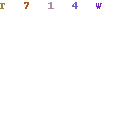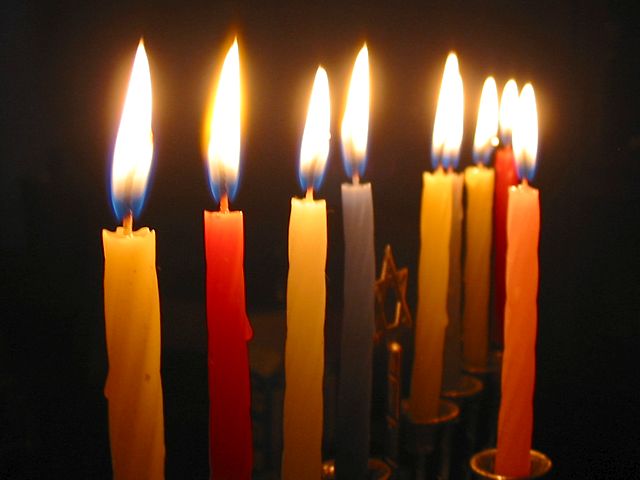
On this eve of 2012, it's hard to avoid reflecting on all of the decisions of the past year....not just resolutions that weren't kept, but all kinds of choices and the ramifications of them, as they blossomed or fell apart over the course of 2011.
Lots of good things....lots of things that could have been good, but weren't....lots of things that could have been worse than they were....Disappointments, striving, expectations - both met and thwarted, and some joy (not enough).
Looking forward to 2012 makes me think about my post back in August on making resolutions (http://decidealready.blogspot.com/2011/08/making-list.html). It is indeed time to make the To-Do list for the first week of January, with high hopes for continuing it long past that cynical deadline. There's no reason resolutions can't last! People DO make resolutions that take root and sprout and end up being real life decisions. It just takes more resolve.
Is it better to set "reasonable" goals that you know you can accomplish, or set goals that exceed the given expectations in the hopes of pushing yourself further? Reasonable goals imply greater success in completing them, and less risk of disappointment. Ambitious goals imply accomplishing more than would be possible with lesser expectations. The risk in aiming for the reasonable is that you may accomplish less than you could. The risk in aiming for the unreasonable is that if you don't succeed in doing everything, you may fail to do anything.

For example: Once upon a time, a friend and I would learn for an hour before our regularly scheduled day. We set up a schedule of meeting 3x/week, knowing that we were unlikely to meet our goal. Both of us were (of course) sleep-deprived, and many a day, one would call the other at the crack of dawn, mumbling: "Tomorrow..." So we rarely met three times in one week, but we often met twice, and at the very worst, once. Whereas if we'd planned on twice a week, we would have likely fallen to once a week, or no session at all. This way, we kept at it...
I developed this approach in recognition of busy-ness and interferences and human frailty (and stupidity). The Sages of old did the same in establishing candlelighting for the Jewish Sabbath eighteen minutes before the earliest potential point of sunset. That is, the law states that igniting the candle's wick must be done prior to the actual Sabbath, when using fire is prohibited. Rather than assume people are perfect, eighteen minutes provided a cushion - a "fence" in the classical language - to insure that even those who were rushing around with last-minute preparations (and most people usually are) would manage to light before the fatal moment.
I'm not suggesting this approach works for everyone. Maybe nobody will find it useful but me....But it has long been one I have touted, though I've forgotten it of late...and in not setting ambitious goals, I may have fallen into the abyss of setting (nearly) none at all.
Here's to many ambitious goals for 2012!
















